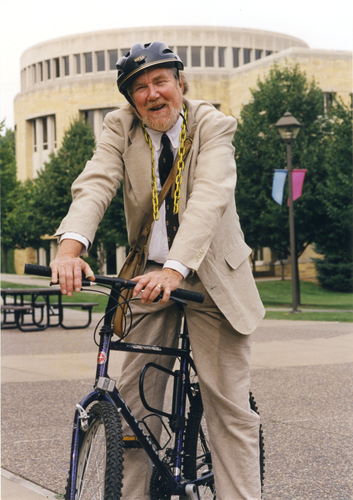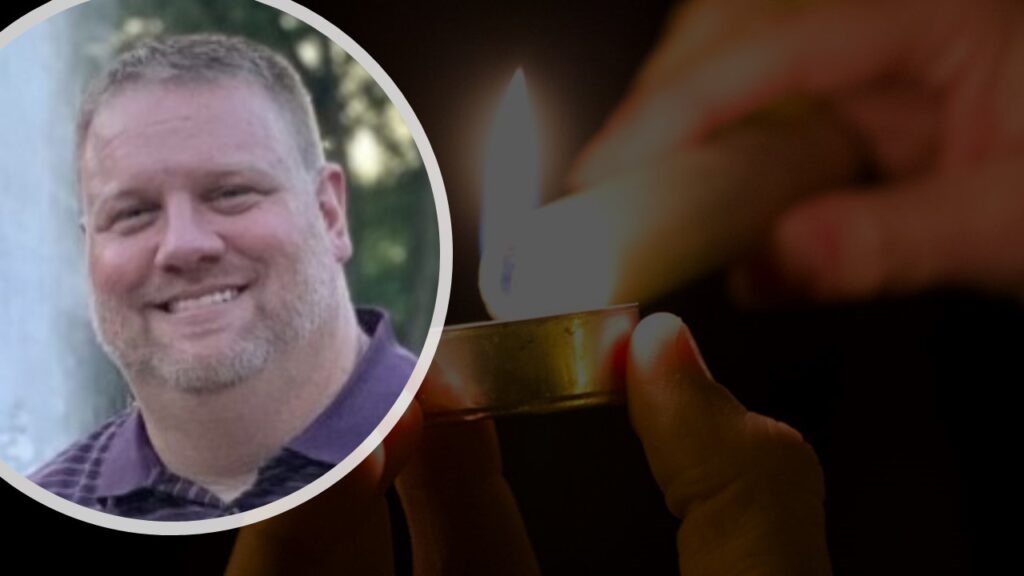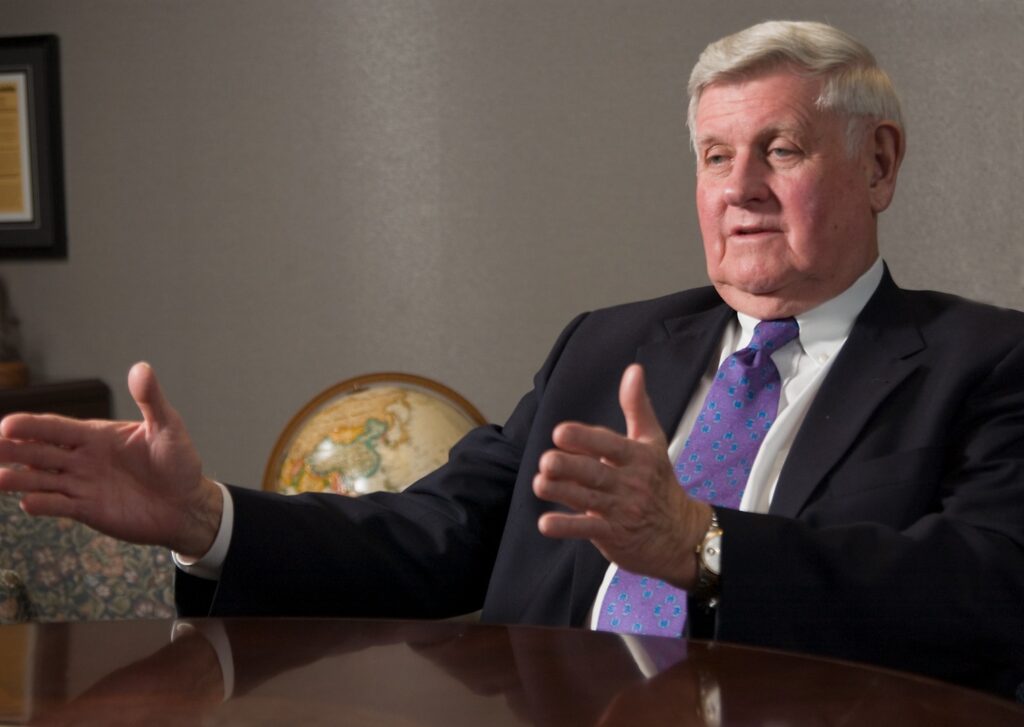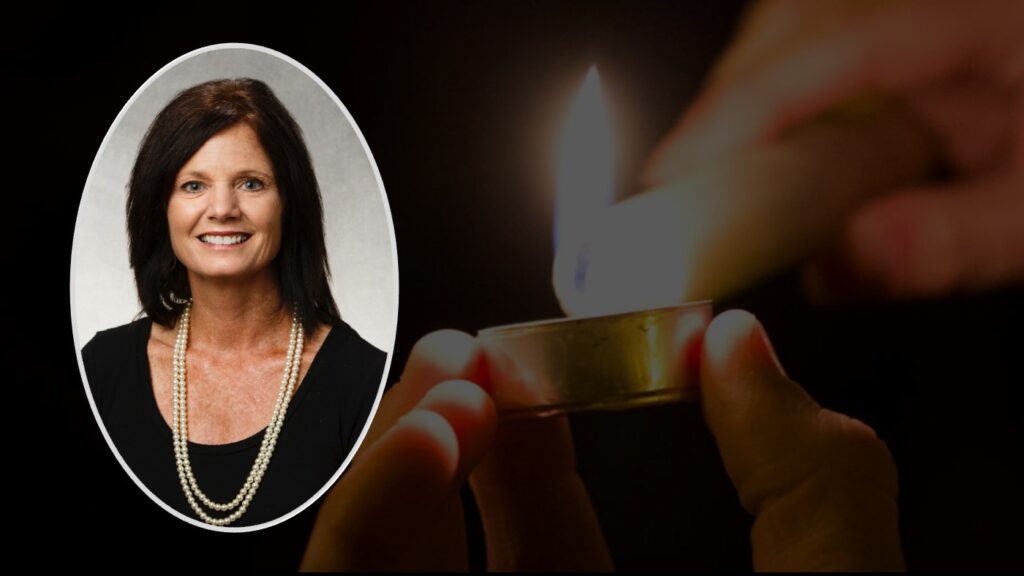Dr. Rob Foy, 78, a native of Georgia and described by English Department chair Dr. Andrew Scheiber as “the epitome of the Southern gentleman – scholar, full of manners, wit, and charming eccentricities – and a heart and soul as big as the outdoors,” died May 1.
During his 1973-2001 tenure at St. Thomas, Foy taught British literature and was best known for teaching Shakespeare. He also served as chair of the English Department from 1973-1976, and as the founding director of the Center for Faculty Development from 1981-1987.
After graduating in 1955 from Emory University in Atlanta, he served as a navigator/radar observer in the U.S. Air Force, 1956-1959, and in the Minnesota Air National Guard, 1959-1961. He went on to earn a Ph.D. in English (Latin minor) at the University of Minnesota in 1973.
He is survived by daughters Malinda Foy and Elizabeth Foy Bergman, and grandchildren Helena and William Bergman. His wife of 42 years, Nancy Burkitt Foy, died in 2002.

On campus: Dr. Robert (Rob) C. Foy II.
Elizabeth remembers her father having two great passions for things (other than people) in his life – his garden and drama – specifically Shakespeare: “While his passions wandered and expanded – at the end those two things remained core to who he was.
“As to his garden, there were many hand-drawn plans for the garden floating around the house. He was a quasi-trained landscape architect as he dropped out of college for a semester to study the subject, reflecting an interest in plants and design he had had since childhood. But after one semester he clearly knew that his greatest satisfaction was in academia. His garden plans all featured ‘the grass circle,’ which was the centerpiece of the garden. As a child it really frustrated me that we were not allowed to walk on it. I mean – it was just grass! Only as an adult have I really come to understand the beautiful geometric simplicity it represented. The best time to talk with him was when he was gardening. His hands were busy – but his mind free. I can remember long talks, mostly about politics and government with him while he planted."
“Over the years, he had many young helpers beyond me and my sister – they came away knowing a lot more about Shakespeare, gardening, and landscape architecture, and I think they always knew they had found a friend and mentor,” Malinda commented.
“Drama was his other consistent passion," Elizabeth continued. "We went to the theater a lot. I might have been 6 when I sat through my first Shakespearean play. I am not sure when exactly I started to understand them or more importantly appreciate them – but I remain an active and appreciative theater goer. There would always be a lecture before the show. First explaining the plot and then detailing how the play should really be done. Phrases such as ‘if the director really understands Shakespeare ...’ were common. Most memorable was his discussion of the levels. He would say, ‘On one level this is a play about love, but on another level – which meant a deeper one – it is about loss of identity.’ There were always three levels.
"My sister and I would jokingly ask him to tell us about the levels before he started on this topic, and he would be delighted we were so interested. It took him a while to realize that his sweet girls had become snotty teenagers. I sometimes find myself talking about the levels after I see a play.”
“But more than anything, my father and mother encouraged me and my sister to find our potential, believe in ourselves, and serve our communities,” Malinda summarized.
Dr. Michael Jordan, English Department, describes Foy as “an engaged teacher with far-reaching intellectual interests that rendered him well suited to be the founding director of the Faculty Development program at St. Thomas, a position he first held the year I arrived here in 1982. He was also one of the collaborators for a program at St. Thomas called 'Texts and Traditions' that for a short while brought together core courses in English and theology in an integrated sequence. Rob brought intellectual spark and wit to every conversation, and was especially renowned for his Shakespeare course.
“I regarded Rob as something of a mentor during my first years at St. Thomas, and he graciously introduced me to the complex reality of the institution while assuring me that there were good opportunities here for true interdisciplinary learning. The sound of his laughter during hallway conversations was a regular feature of life in the English Department. In the years following his retirement, I would encounter him from time to time at the theater or at a classical music concert or in the hardware store, and it was evident that he never lost the endless love of learning that seemed always to be brimming in him.”
Being a student of Foy’s also made for interesting experiences. Brian Brown '98 M.A, executive director of media and publications in University Relations, recalls taking a couple of master’s in English classes with him in the 1990s, including an independent study one summer on the influence of jazz on the Beat poets:
”Once a week I would bike over to Rob’s house near Macalester and we would talk for hours – rarely on topic, unless I forced the issue. Rob was passionate about so many things – Shakespeare, gardening, travel. Eventually, his beloved wife, Nancy, would step out onto the porch with homemade iced tea and cookies. Rob would turn to me – often midsentence – and say, ‘Well, that's enough of that. Let's eat something.’
“Rob frequently embodied the ‘absent-minded professor’ stereotype. I remember stopping by his office at 44 North Cleveland once when he was particularly distracted. I asked him what was wrong, and he said he rode his brand-new bike to campus and someone stole it. ‘I leaned it up against the tree outside and when I went back out a few hours later it was gone!’”
Although Foy was particularly fond of Shakespeare, it wasn’t all Shakespeare all the time in class. Kelly Engebretson '99 M.A., a writer and editor in University Relations, recalls this unique Shakespeare class break: “Dr. Foy unwittingly introduced me to yoga during his Shakespeare class when I was a graduate student in 1997. He asked a friend of his – an instructor at a nearby yoga studio – to lead a 15-minute yoga session during the break in our three-hour evening class. Every week she showed up to lead us through a series of sun salutations and the like. Those of us who didn’t smoke would participate, and we loved it. I can still picture Dr. Foy, barefoot and jolly, easing into 'Downward Dog' like it was no trouble at all.”
Foy was among 25 noted and popular professors whose faces were featured in caricatures drawn by John Kascht '83 on the cover of the 1981 Aquinas yearbook, along with caricatures of the university's president, provost and Vice President Walter Mondale.
A colleague, Dr. Lon Otto, describes Foy as a “brilliant scholar, working always on a book about Shakespeare and the biblical David story, a book that never was finished but is very real and powerful to those of us who knew Rob, a book in the oral tradition, always his most natural medium, along with soil and brick and plants. He was one of the most complicated and interesting people I’ve ever known – funny and generous and deeply intelligent, passionate about what he loved, absolutely unforgettable.”
Foy was the chair of the English Department when Otto was hired at St. Thomas. “He and Nancy made me feel like a part of their family those first few years, and I will be forever grateful to have been included in that loving and intellectual and often chaotic household. Among his many other talents, Rob was a formidable landscape gardener. It was an honor and an education to scavenge brick and stone with him on demolition sites in the evenings after the workers had quit for the day, to build fences with him, to follow the ever-evolving intricacies of his richly folded city garden.”
Nancy shared Rob's passion for gardening. Their garden was written about in both the Minneapolis and St. Paul daily newspapers, and in Highland Park’s The Villager. Titled Healing Words, The Villager story was reprinted in the fall 2005 edition of Writing in the Margins (Page 12), a publication of the English Department.
Carol Nigrelli, the author, wrote: “’It’s a great way for a mental guy to get his hands dirty,’ Foy said. The division of labor was simple: He did the work; his wife nodded her approval. ‘My wife loved the garden,’ Foy said. ‘She loved to buy plants for it. She loved to show it off. She loved to be on garden tours. But she didn’t want to get her hands dirty.’”
Their love of gardening and their advocacy for the Center for Victims of Torture resulted in the 2005 publication of Landskips, a 46-page book of Rob's poetry about nature and gardens. He dedicated the book to his late wife: “Lover of gardens and the Center for Victims of Torture.” Proceeds from sales of the book were donated to the center.
A memorial service was held at 10 a.m. Saturday, June 1, at St. Clement's Episcopal Church in St. Paul. An open house was held from 5 to 8 p.m. Friday, May 31, at 1671 Berkeley Ave., St. Paul. An obituary and guest book can be viewed at legacy.com.






